Times are changing, and even if Apple resists it as best it can, it will have to give in or it will come crashing down hard. But is it good or not? It's up to you how you look at the situation, because like everything, there are two opinions. But if Apple backs down, it is not far from its iOS actually becoming Android.
Apple is a paradise surrounded by a high fence, especially when it comes to its iPhones and iOS. We all know it, and we all accepted it when we bought his phones - maybe that's why many bought iPhones in the first place. We have only one app store, only one phone payment platform, as well as minimal expansion options. There is a way to unlock the gates of this fence, but it is tedious and unofficial. Jailbreak is definitely not for everyone.
It could be interest you
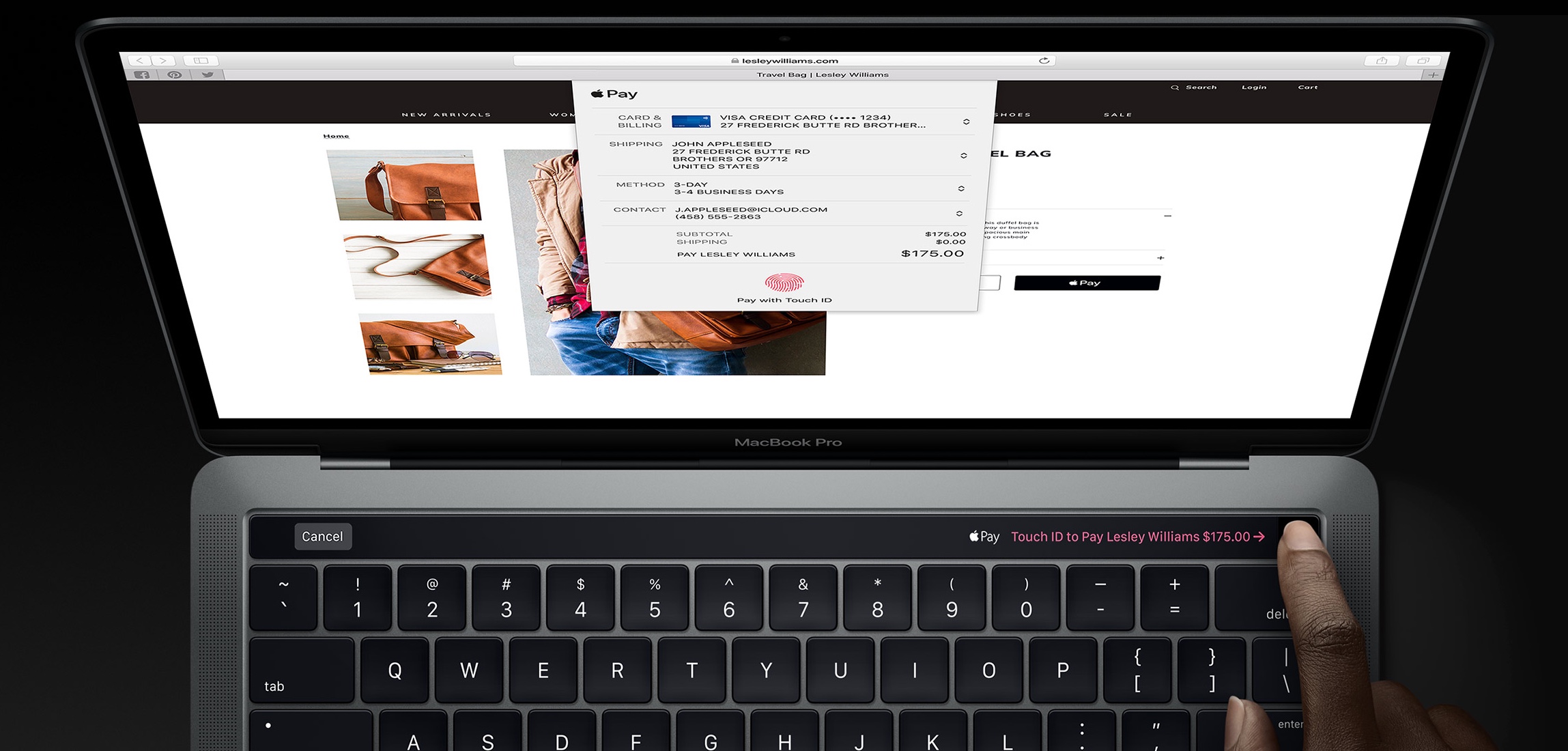
With increasing pressure and growing concerns from Apple about possible court battles and various orders from antitrust authorities, the company is gradually easing up on the previously unthinkable. In iOS, for example, you can set up alternative clients for e-mail and a web browser that do not come from Apple's workshop. But in this respect, it can still look okay and actually like a friendly step towards the user, because you can use the iPhone with a Windows computer where you don't have Apple services. In this way, you can easily set that you want to primarily use those solutions that you also use on another platform.
Of course, this move also avoided Apple's exposure to being accused of forcing its apps on its users on its phones and on its platform (does that sound a little too far fetched to you, too?). To prevent a similar situation with the Najít platform, he first let third-party developers into it, and only then announced his AirTag. Here it worked out for him, because the interest in this platform from the ranks of manufacturers is perhaps not as expected, from which the company profits by selling its localization accessories.
The Apple Pay case
Ever since it was possible to pay with an iPhone, it has only been possible through the Apple Pay function, which is part of the Wallet application, i.e. the Wallet application. So it is again an exclusivity that cannot be bypassed, so a certain monopoly that the regulatory authorities do not like. Of course, Apple knows about it, that's why it also doesn't allow payments with other solutions, and actually it looks like it was just trying to see how long it would take. The code of the first beta version of Apple's mobile systems, marked 16.1, indicates that you should be able to delete the Wallet application even with the Apple Pay service, which records the fact of starting to use an alternative. But does any iPhone owner really want it?
It could be interest you
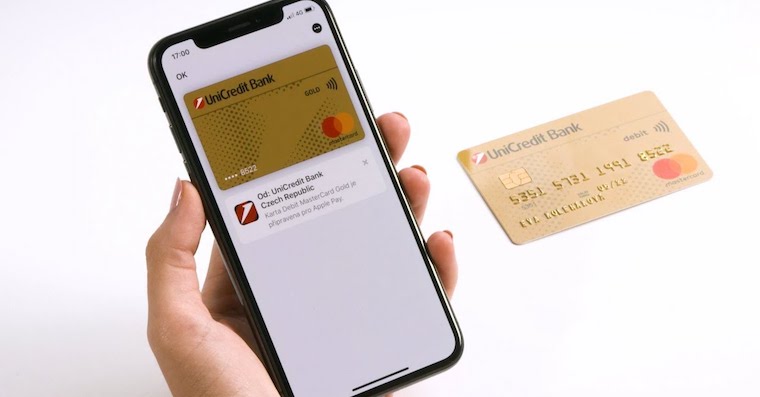
This move would therefore once again allow clearly defined barriers that Apple did not want to let its users cross, citing security. Next in line could be the App Store and the ability to install applications and games in iOS and iPadOS from sources other than this Apple store. Here again, however, we encounter the issue of security, which Apple is struggling with, and it is really worth considering whether these steps are correct. For developers sure, but for users? Do we really want another Android here where anyone can do whatever they want?
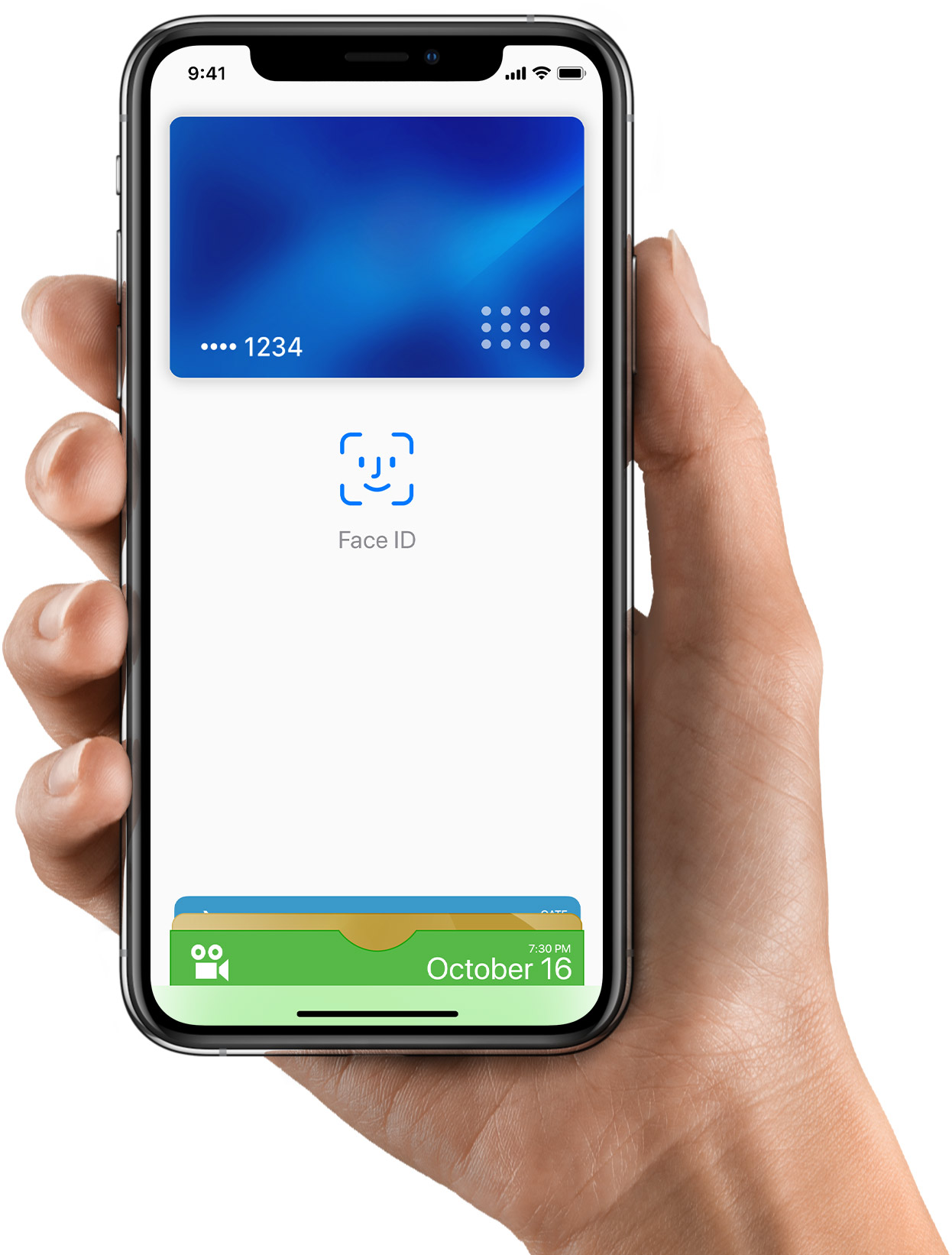
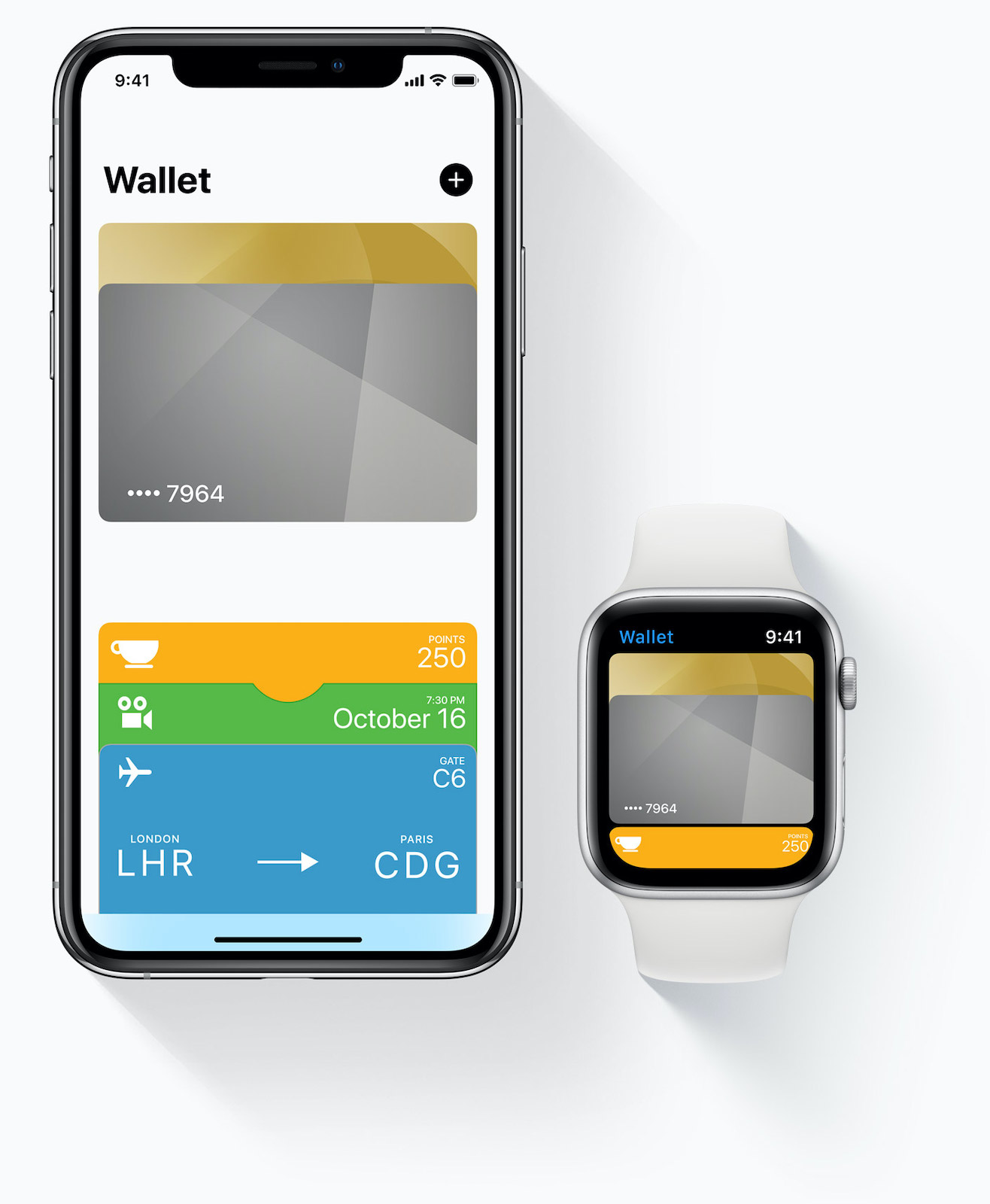
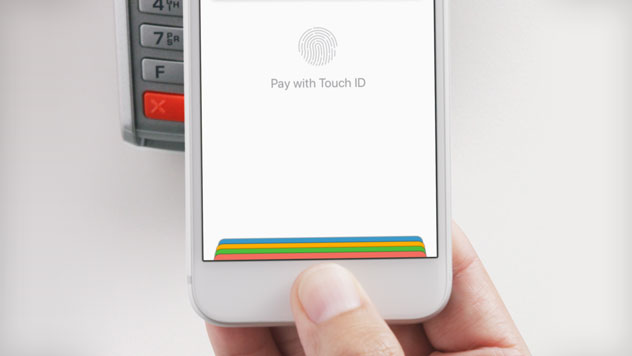
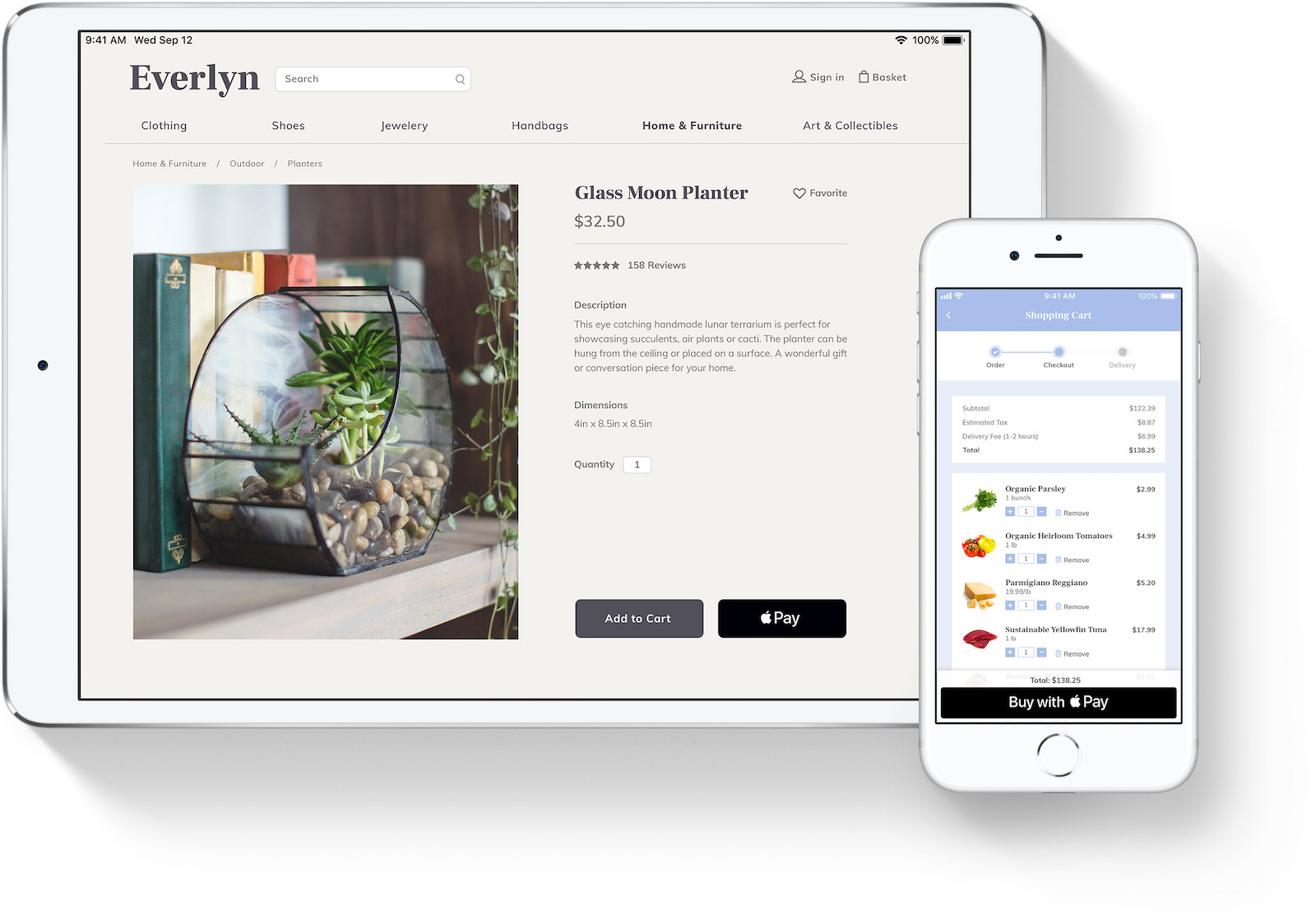

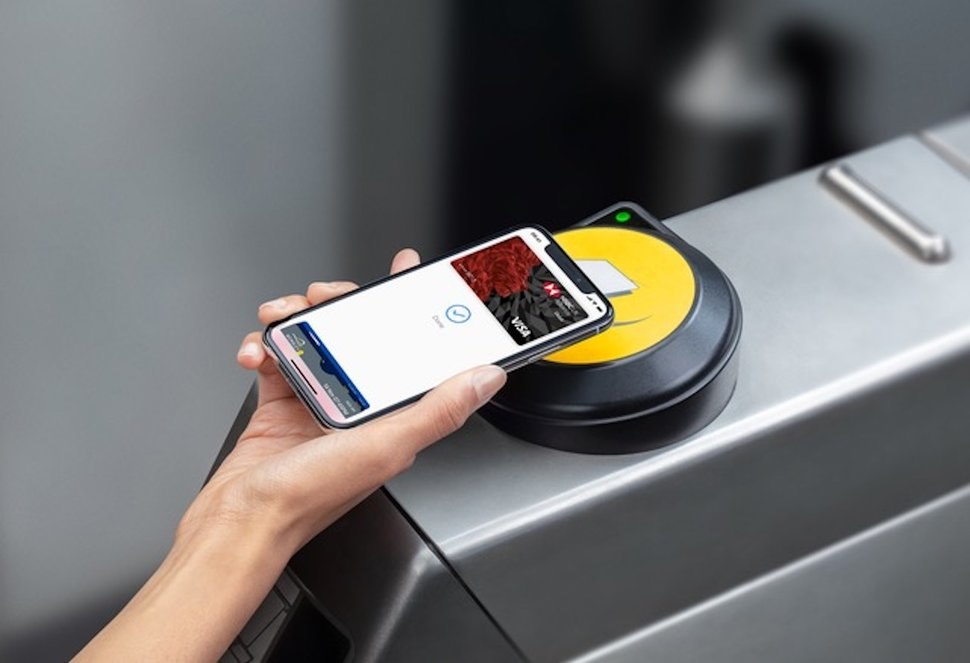
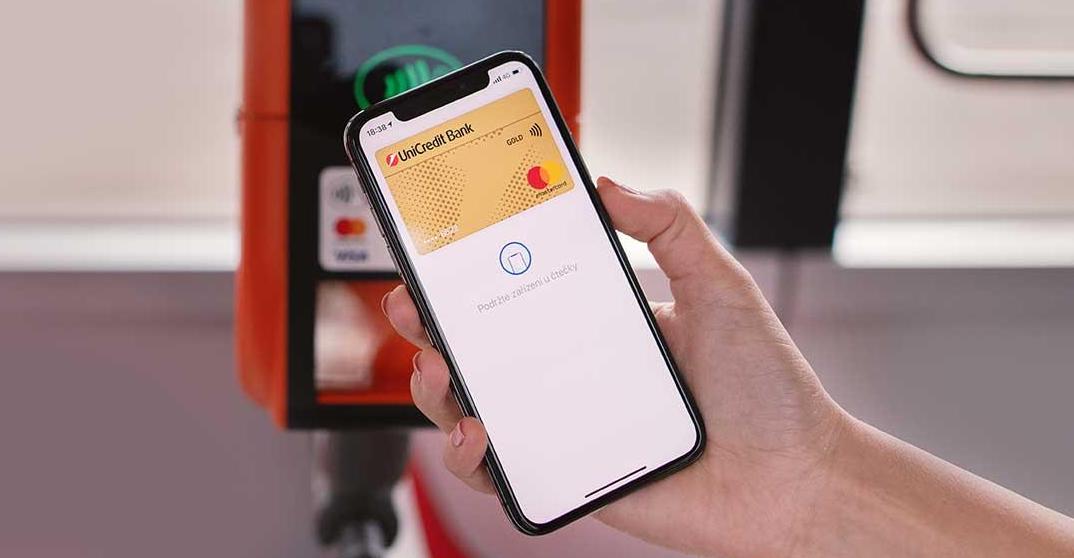
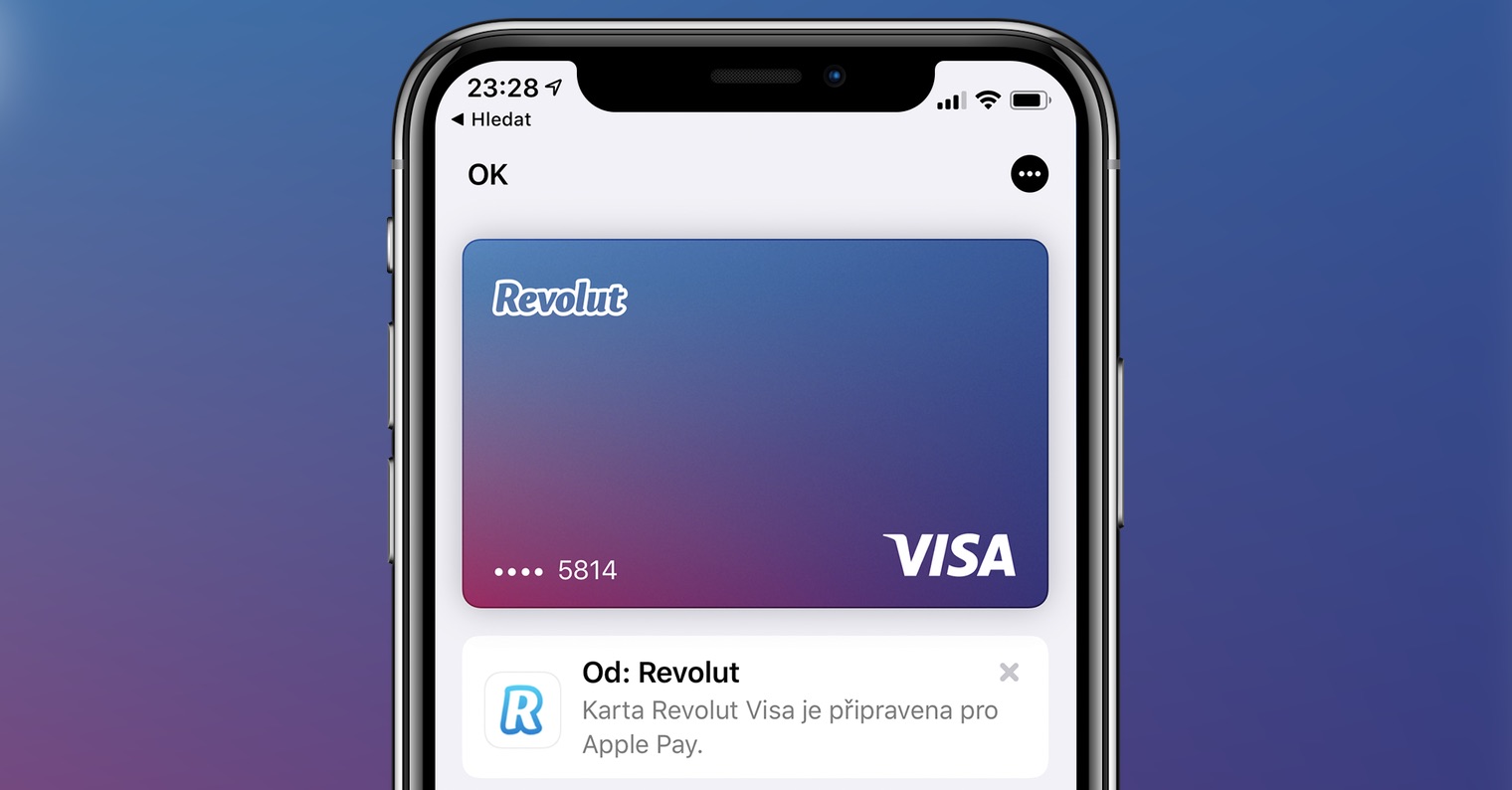
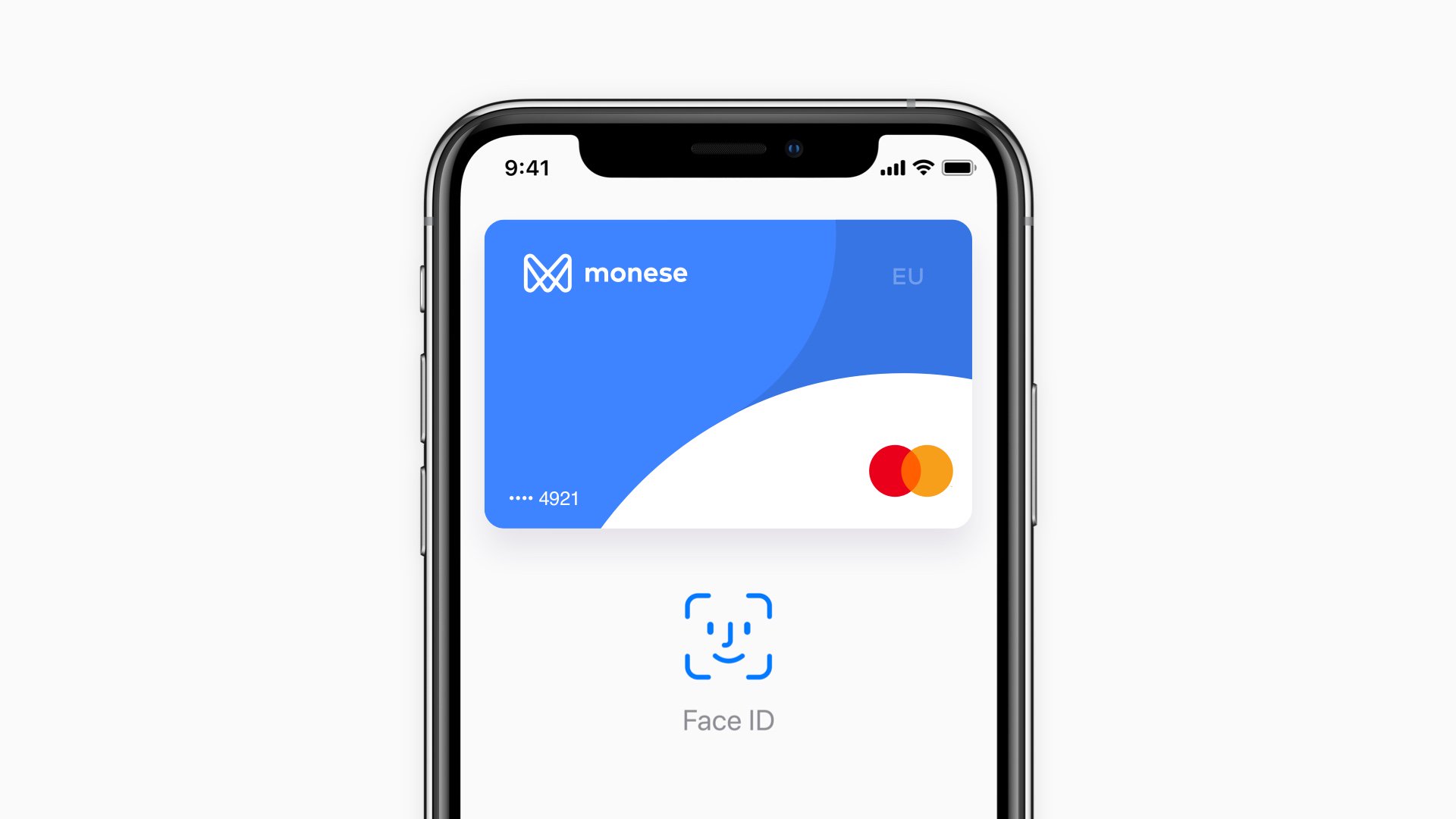
 Flying around the world with Apple
Flying around the world with Apple
And if this happened in Windows, was it ok?